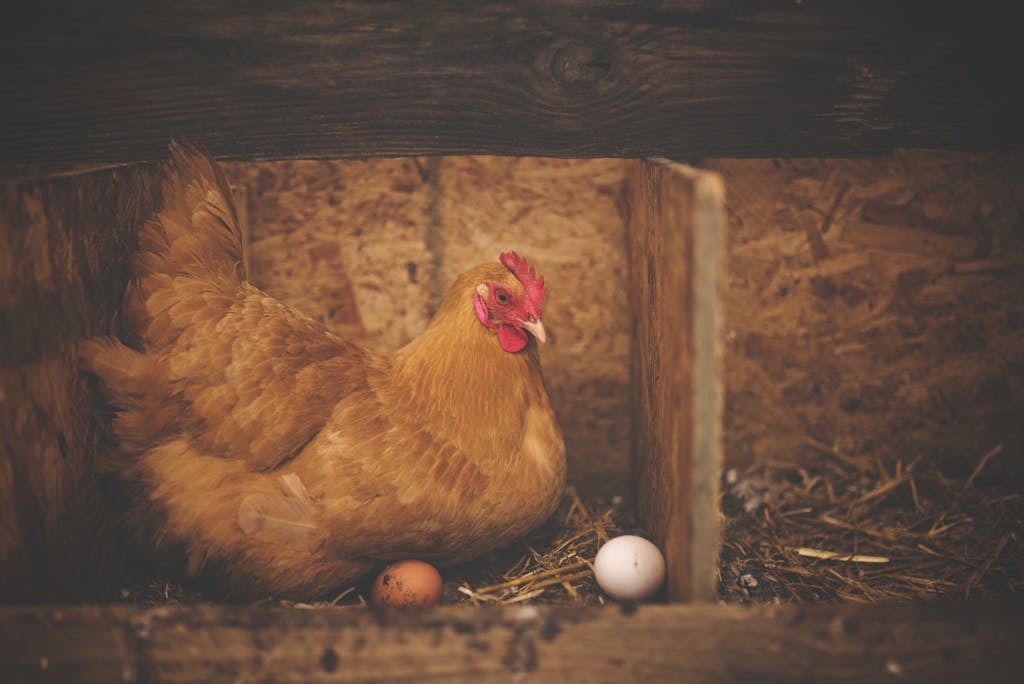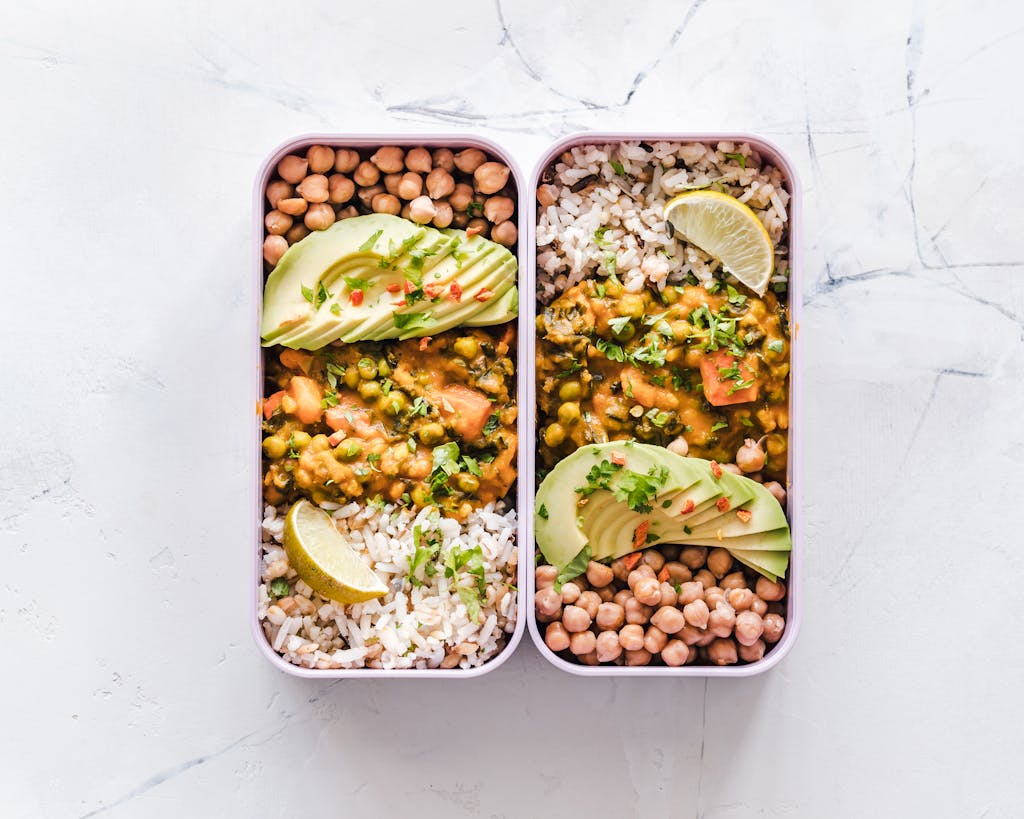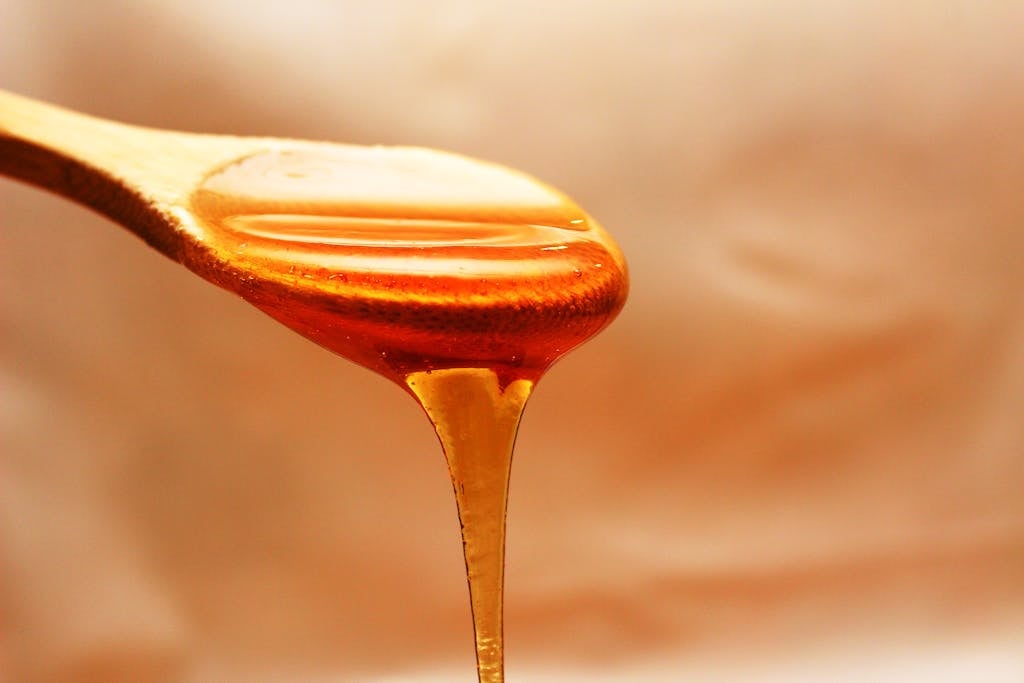
TL;DR: Do vegans eat eggs?
The simple answer to the question “Do vegans eat eggs?” is no, vegans do not consume eggs. Veganism, as a lifestyle, abstains from the use of any animal products, including eggs, due to ethical, environmental, and health concerns.
One of the most common questions vegans are asked is, “Do you eat eggs?” Many omnivores find the answer confusing, because they equate a vegan diet with not eating meat, but it goes much deeper than that.
Although our reasons may differ, there’s one thing all vegans agree on – eggs are not vegan, no matter how the animal is treated.
Why Don’t Vegans Eat Eggs?
It is a fundamental belief in the vegan lifestyle that we avoid products that result in harm to animals. That includes consuming meat and other animal by-products.
The egg industry, whether conventional or free-range, often involves the confinement and exploitation of hens. Hens raised for egg production are typically kept in cramped cages or overcrowded indoor facilities, debeaked, and often endure stressful conditions.
Male chicks, deemed useless by the egg industry, are often discarded alive shortly after hatching, a practice known as “chick culling.” For vegans, abstaining from eggs is a way to take a stand against animal cruelty and exploitation.
Replacing Eggs: How to Eat More Compassionately
Fortunately, there are plenty of plant-based alternatives to eggs that vegans and omnivores can enjoy in our favorite recipes. One popular option is tofu, which can be scrambled to mimic the texture of scrambled eggs or blended into creamy sauces and dressings.
Another versatile substitute is chickpea flour, also known as besan or gram flour, which can be used to make omelets, quiches, and frittatas. Try this recipe for vegan hollandaise sauce if you need more convincing.

For baking, ingredients like applesauce, mashed banana, flaxseed meal, and chia seeds can serve as egg replacements, providing moisture and binding properties to recipes. New products like Just Egg make choosing an egg-free alternative more convenient every day.
Egg Alternatives and Protein Content
| Egg/ Substitute Type | Protein (per 100g) | Calcium | Iron | Magnesium | Phosphorus | Potassium | Vitamin B6 | Vitamin E | Folate |
|---|---|---|---|---|---|---|---|---|---|
| Egg | 13g | 56mg | 1.2mg | 12mg | 198mg | 138mg | 0.1mg | 2.1mg | 47μg |
| Tofu | 8g | 350mg | 2.1mg | 60mg | 140mg | 150mg | 0.1mg | 1.4mg | 40μg |
| Chickpea Flour | 22g | 49mg | 4.7mg | 115mg | 168mg | 291mg | 0.6mg | 0.6mg | 28μg |
| Flax Seeds | 18.3g | 255mg | 5.7mg | 392mg | 642mg | 813mg | 0.5mg | 19.95mg | 87μg |
| Chia Seeds | 16.5g | 631mg | 7.7mg | 335mg | 860mg | 407mg | 0.17mg | 0.5mg | 49μg |
Eggs are often praised for their high protein content, but there are plenty of plant-based alternatives that can match or even surpass it. Tofu, for example, is an excellent source of plant-based protein, containing 8 grams of protein per 3.5 ounces (100 grams).
Chickpea flour is also relatively high in protein, with about 20 grams of protein per cup (92 grams). Other protein-rich egg substitutes include tempeh, seitan, and legumes such as lentils and black beans. By incorporating these plant-based protein sources into their diet, vegans can easily meet their protein needs without relying on eggs.
The Wrap Up
Vegans do not consume eggs due to ethical, environmental, and health reasons. If you’re craving something eggy, there are plenty of delicious and nutritious alternatives available.
From tofu scrambles to chickpea flour omelets, plant-based egg substitutes offer a cruelty-free way to enjoy all your favorite egg-based dishes. By exploring these alternatives and embracing a plant-based diet, vegans contribute to a more compassionate and sustainable food system.






One Comment